Ecosystems: Interactions, Energy, and Dynamics

Educators and Parents, Sign Up for The Cheat Sheet
Weekly updates to help you use Science News Explores in the learning environment
Thank you for signing up!
There was a problem signing you up.
-
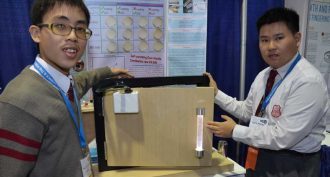 Tech
TechThis door handle kills germs
A high-tech door handle may cut down on disease transmission, say its teen developers. The system is powered by simply opening and closing the door.
By Sid Perkins -
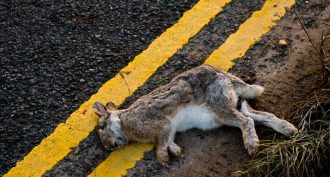 Ecosystems
EcosystemsScientists Say: Taphonomy
Studying what happens to plants and animals after they die can teach us about ecosystems and evolution. This study has a special name.
-
 Microbes
MicrobesThe bugs within us
Hordes of bacteria live inside people and other animals. This ‘microbiome’ can affect the development of the blood-brain barrier, food choices — even mating.
By Roberta Kwok -
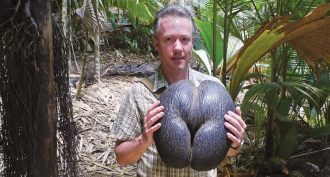 Plants
PlantsPicture This: The world’s biggest seed
This monster seed develops on a super-slow-growing island palm. Key to that palm’s survival are leaves that funnel fertilized water to nutrient-starved roots.
By Susan Milius -
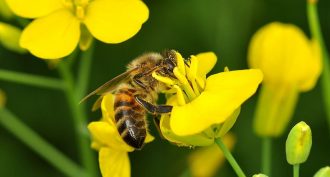 Animals
AnimalsPesticides offer bees a risky allure
Honeybees and bumblebees sometimes cannot taste or avoid pesticides called neonicotinoids. And that may expose some of these important pollinators to harm.
By Susan Milius -
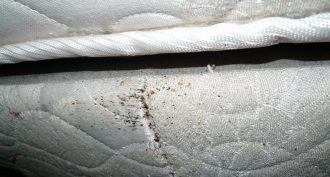 Animals
Animals4 reasons not to ignore signs of bed bugs
Here are important reasons not to ignore signs of bed bugs. Above all, an infestation carries real risks to your health and wellbeing.
By Brooke Borel -
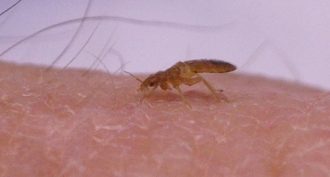 Animals
AnimalsScientists feed bed bugs (on purpose)
To study bed bugs in the lab, scientists had to first learn how to keep the blood-thirsty critters well fed. And that proved easier said than done.
By Brooke Borel -
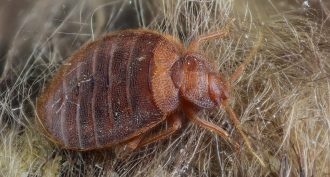 Animals
AnimalsReturn of the bed bug
Bed bugs have staged a comeback over the past 15 years. The bloodsucking parasites succeeded through a combination of evolution and luck.
By Brooke Borel -
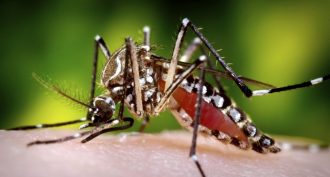 Animals
AnimalsWhat’s the buzz? A new mosquito lure
Broadcasting a fake buzz can lure male Aedes aegypti mosquitoes away from females. That could reduce populations of these annoying — and disease-causing — insects, reports a teen at the 2015 Intel ISEF competition.
By Sid Perkins -
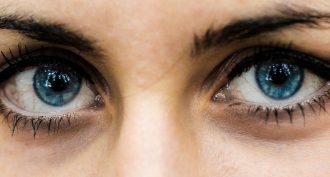 Health & Medicine
Health & MedicineTeen researcher eyes peripheral vision
Our peripheral vision helps us work and play. A student scientist studied how the distance between our eyes affects what we can see on the outer edges of our field of view.
-
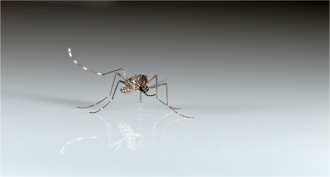 Health & Medicine
Health & MedicineDo mosquitoes love you? Blame your parents
By studying twins, scientists found that how attractive we are to mosquitoes depends partly on our genes. That could lead to better bug repellents.
-
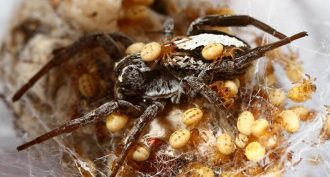 Animals
AnimalsWhat’s for dinner? Mom.
Female spiders of one species make the ultimate sacrifice when raising their young: The mothers feed themselves to their children.
By Susan Milius